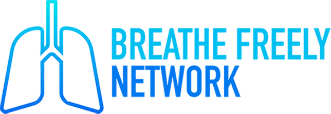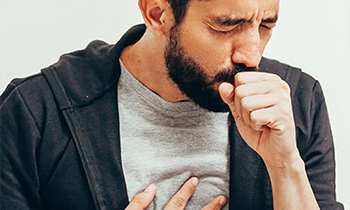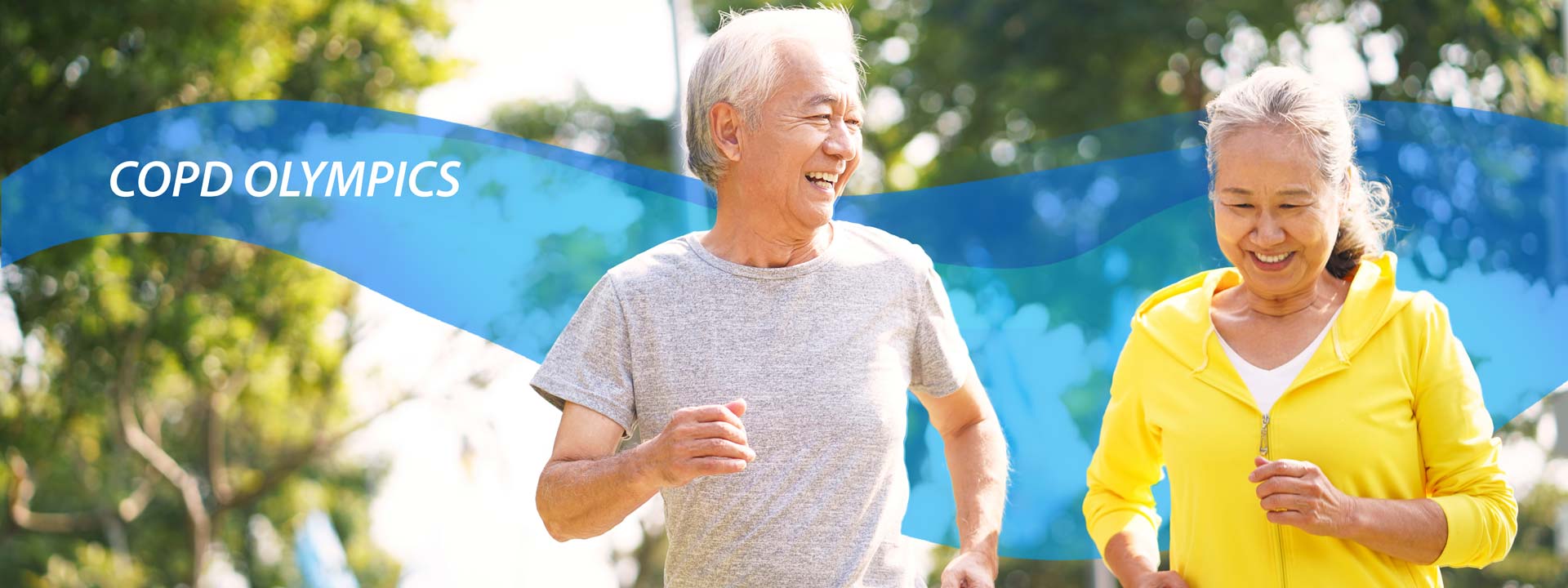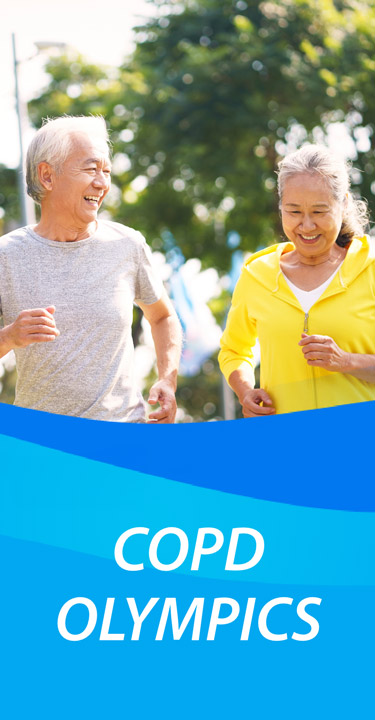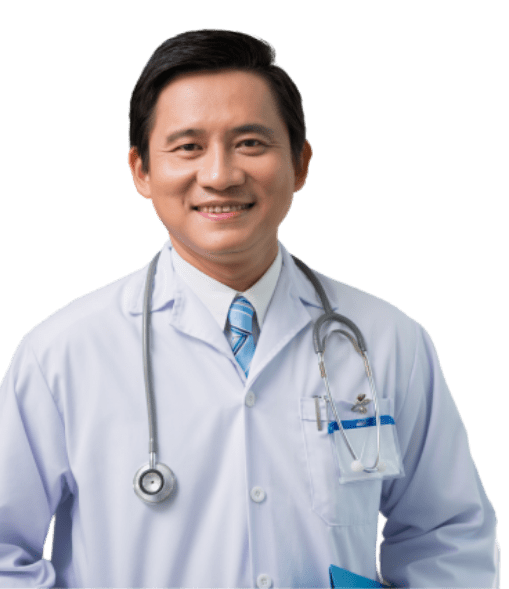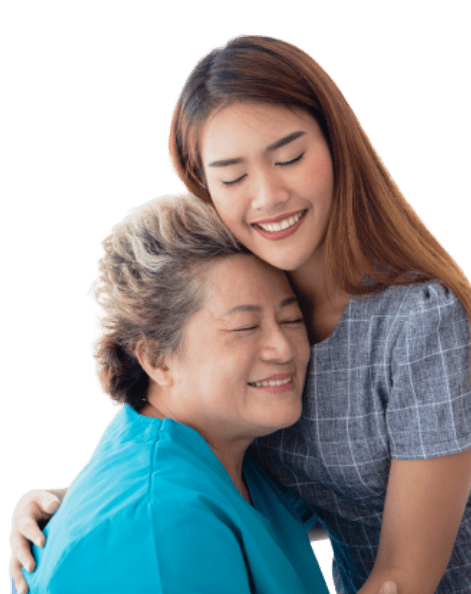Symptoms of COPD
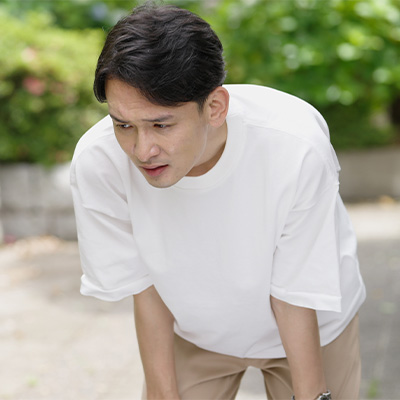
Shortness of breath
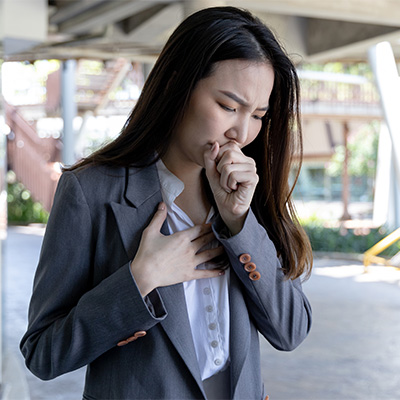
Wheezing
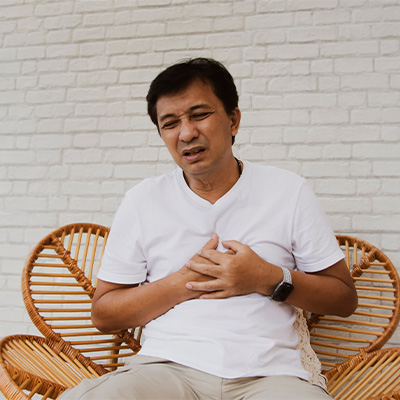
Chest tightness
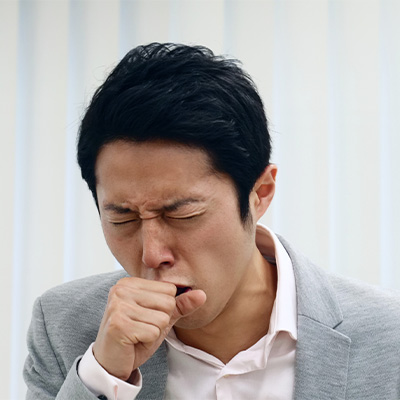
A chronic cough that may produce mucus (sputum) that may be clear, white, yellow or greenish
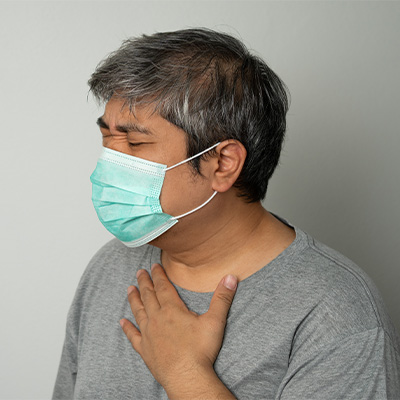
Frequent respiratory infections

Lack of energy
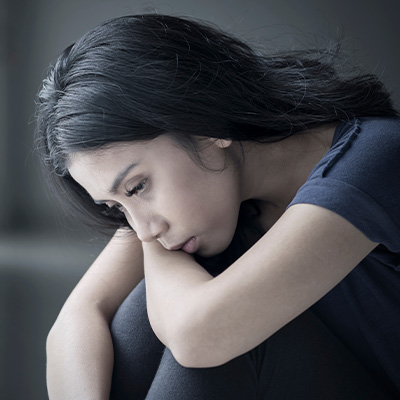
Unintended weight loss (in later stages)
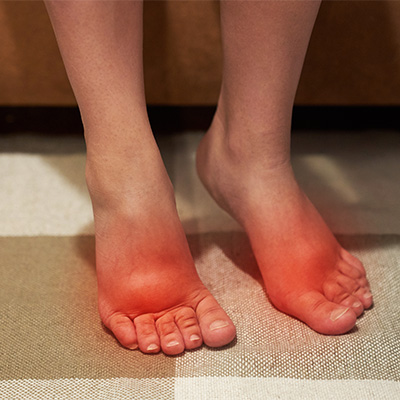
Swelling in ankles, feet or legs
COPD FAQ
Chronic obstructive pulmonary disease (COPD) refers to a group of diseases that cause airflow blockage and breathing-related problems. COPD includes emphysema; chronic bronchitis; and in some cases, asthma.
With COPD, less air flows through the airways—the tubes that carry air in and out of your lungs. In the early stages of COPD, there may be no symptoms, or you may only have mild symptoms
How severe your COPD symptoms are depends on how damaged your lungs are. If you keep smoking, the damage will get worse faster than if you stop smoking. It’s always best to have a doctor diagnose it properly.
COPD is usually caused by smoking. Smoking accounts for as many as 8 out of 10 COPD-related deaths. However, as many as 1 out of 4 Americans with COPD never smoked cigarettes.
Smoking during childhood and teenage years can slow how lungs grow and develop. This can increase the risk of developing COPD in adulthood.
The best way to prevent COPD is to never start smoking, and if you smoke, quit. Talk with your doctor about programs and products that can help you quit. Also, stay away from secondhand smoke, which is smoke from burning tobacco products, such as cigarettes, cigars, or pipes. Secondhand smoke also is smoke that has been exhaled, or breathed out, by a person smoking.
Treatment of COPD requires a careful and thorough exam by a doctor. Quitting smoking is the most important first step you can take to treat COPD. Avoiding secondhand smoke is also critical. Lifestyle changes and other treatment will be recommended by your doctor.
Even though there is no cure for COPD, these lifestyle changes and treatments can help you breathe easier, stay more active, and slow the progress of the disease.
COPD Articles
COPD Videos

Home Exercises for COPD
Learn about the different exercises you can do at home to improve your body's ability to manage COPD.

Coping with COPD: Conserving your Energy
Discover Energy Conserving Tips and Body Positions to help cope with COPD.
